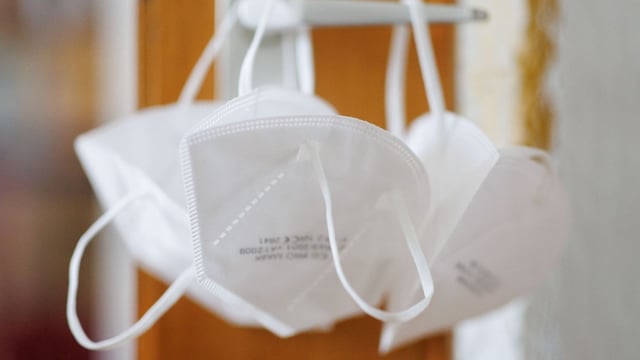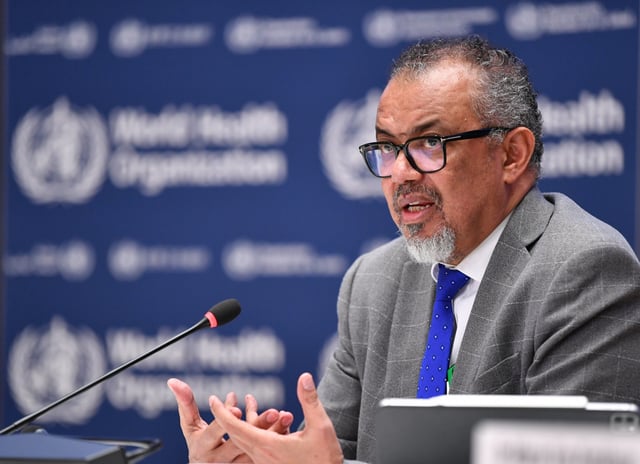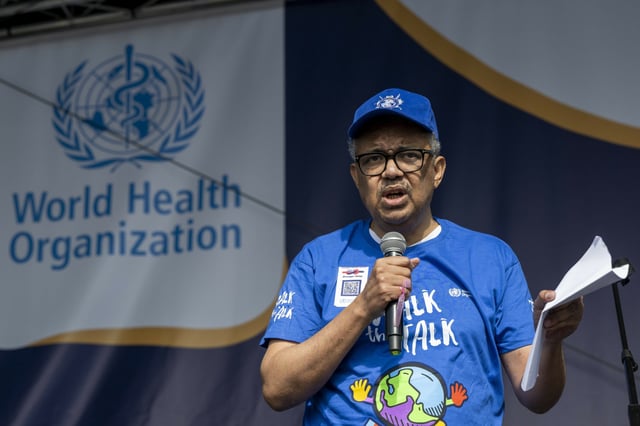Overview
- After three years of negotiations, WHO member states have provisionally agreed on a comprehensive pandemic treaty to improve global readiness for future health crises.
- The treaty establishes mechanisms for rapid sharing of pathogen data and obligates pharmaceutical companies to donate 10% of production to low-income countries, with additional discounts on further supplies.
- A last-minute compromise on technology transfer requires mutual consent, reflecting ongoing disputes over intellectual property and national sovereignty concerns.
- The United States, under President Donald Trump, has opted out of the treaty following its decision to withdraw from the WHO, leaving the agreement without one of its largest former contributors.
- The treaty will be presented for formal adoption at the May World Health Assembly and requires ratification by 60 countries to take effect, a process expected to take several years.



